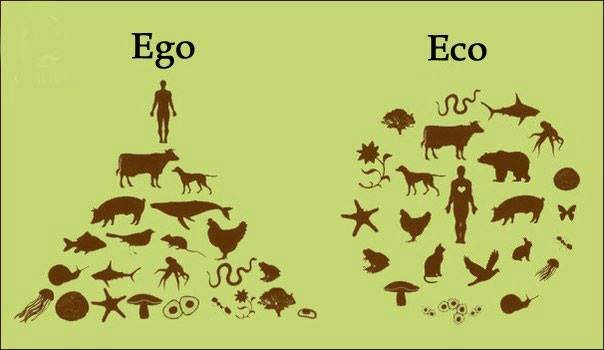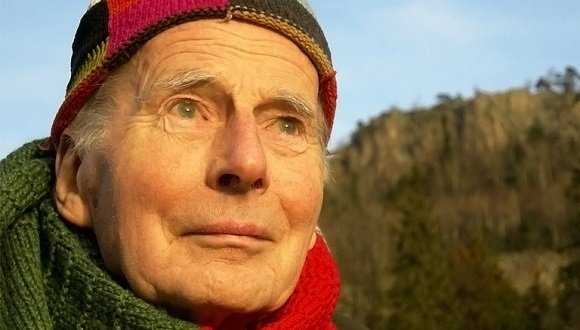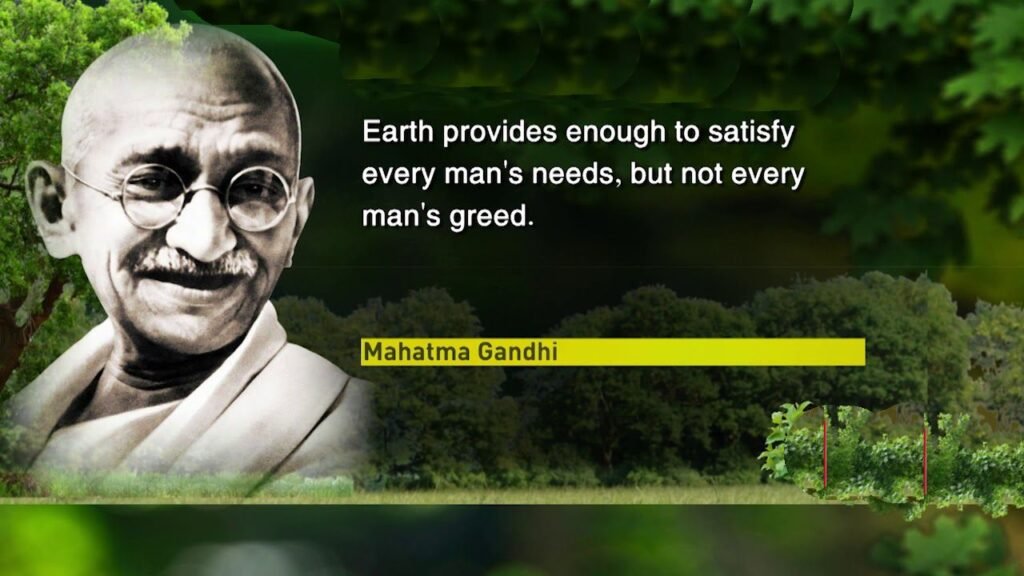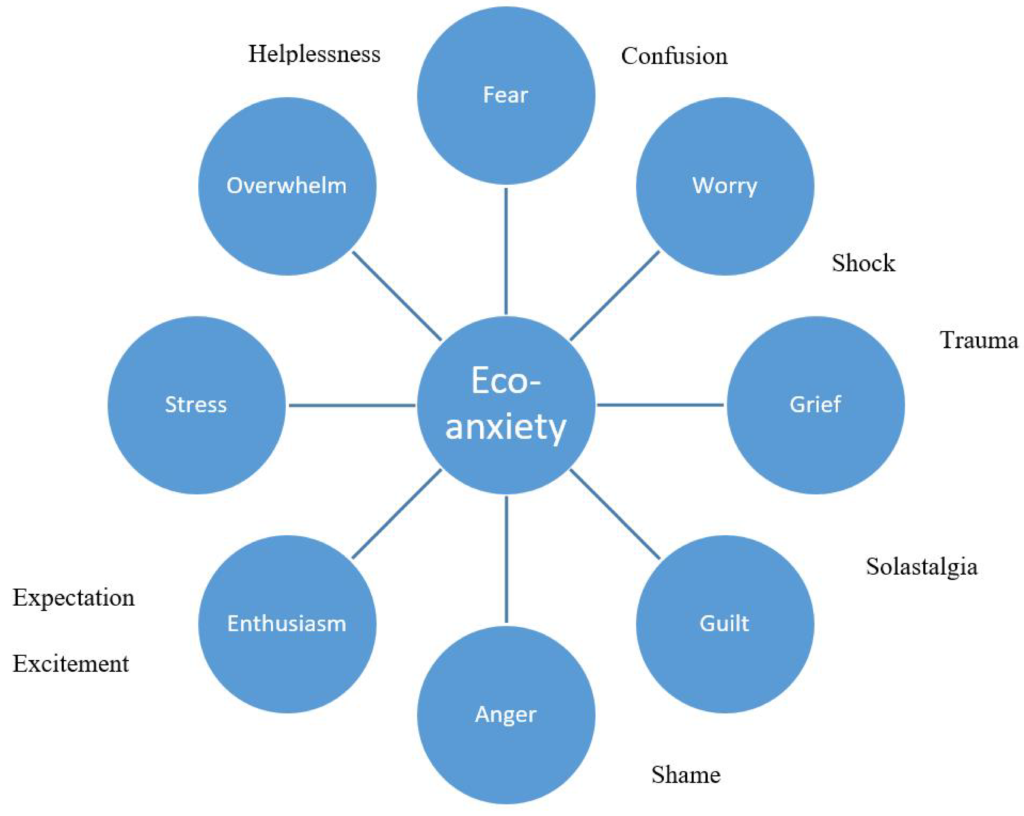All individuals are affected by the climate crisis and take various measures to cope with it, such as purchasing masks and air purifiers, using air conditioning, and being prepared to evacuate if necessary.

The current political and economic situation causes us to view ourselves as valuable parts of a system and define our identity based on specific goals like attending college, finding high-paying jobs, buying property, and saving for retirement.
However, the climate crisis has prompted us to rethink these suppositions. What good are retirement savings if the world is burning? we must reconsider the value of preserving our individual identity and strive for a more comprehensive understanding of ourselves.

Deep ecology is one such concept of ourselves which was introduced by Arne Næss, who suggests that to effectively address the ecological crisis, we need to fundamentally change our approach and perspective towards the environment instead of simply focusing on specific targets like reducing CO2 emissions.
Næss’s notion of self-realization in Deep Ecology is inspired by many philosophical traditions, including Mahayana Buddhism and Gandhi’s philosophy of nonviolent resistance.
Everything in nature has a conatus, a fundamental striving to continue to exist: This tendency to maintain form and not disintegrate is observed not only in humans but also in various other living beings and even inanimate objects. Even something seemingly transient like a fire will try to keep itself going.

The power of nature is evident in every living thing, and it is this power that motivates us to protect ourselves. Deep Ecology says, in order to truly be ourselves, we must first understand what our true identity is. Næss believes that ‘We tend to confuse it [the self] with the narrow ego.’ Self-knowledge is partial and incomplete, this lack of knowledge prevents us from acting in a rightful manner.
The more knowledge and understanding we have, the better we can act and persevere. We can realize this expansive conception of self by considering our relation to place. We often feel attached to places of natural bounty and beauty, to the point that we might feel that, as Næss said: ‘If this place is destroyed something in me is killed.’

The documented effects of losing a place include a mental health condition called eco-anxiety, which is caused by the emotional attachment people have to the places they have lost.
There is no specific way that humans need to be or an ultimate goal for us to strive towards. Nature does not have a predetermined purpose. We are important in our current state, not just in potential futures, and we can imagine a world where all beings, including nature, have their own unique identities and coexist together. In this world, there can be a variety of thoughts and expressions.
According to Deep Ecology philosophy to solve the climate crisis, we need to change how we see ourselves and understand our connection to the environment.
Reference- aeon essay, Britannica, Deep Ecology website, Vox, The Guardian






